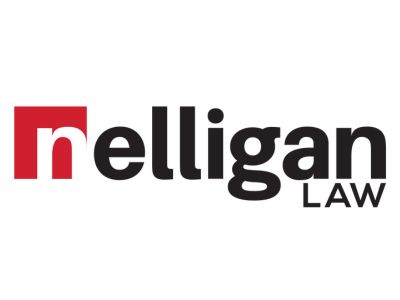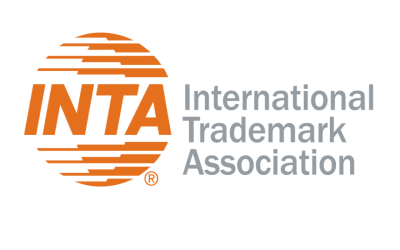Recent developments within the Canadian Intellectual Property Office (CIPO) have stirred considerable interest in Canada’s trademark application procedures, scheduled to take effect on January 1, 2024.
Canada has long grappled with a reputation for possessing the lengthiest trademark examination process, with an unparalleled waiting duration of up to 58 months. This prolonged timeline primarily stems from the intricate nature and overwhelming volume of submitted applications. Additional factors, such as amendments to the Canadian Trademarks Act and the persistent hurdles presented by the COVID-19 pandemic, have significantly contributed to this unprecedented waiting period.
CIPO’s primary aim is to establish a more foreseeable and accelerated service trajectory for applicants. In response to these challenges, CIPO has embarked on substantial measures. The recent expansion of their workforce, which includes the recruitment of over 100 additional examiners, serves as a testament to their commitment to expediting the examination process. Simultaneously, ongoing initiatives strive to broaden the Goods and Services Manual and advocate for the utilization of “accelerated” examination for applications encompassing pre-approved terms.
These novel initiatives aspire to set forth revised service benchmarks for trademarks:
- For electronic applications involving pre-approved goods/services: CIPO intends to issue the initial action within 18 months of filing and payment.
- For applications lacking pre-approved goods/services: CIPO targets dispatching the inaugural action within 28 months following the filing date.
As a Canadian Trademark Agent, I keenly anticipate these new service standards. Although acknowledging that the Goods and Services Manual remains a work in progress, these proposed adjustments foreshadow a more predictable trajectory in our industry, signaling a more efficient and predictable trademark application process in Canada.
These adaptations strive to harmonize CIPO’s standards more closely with those governing patents and industrial designs, aiming to mirror examination times. The overarching objective is to fortify predictability for clients while ensuring prompt service provision through these proposed alterations.
The anticipated implications of these transformative changes within the trademark landscape are manifold. Not only do these adjustments aim to alleviate the historically arduous waiting periods associated with trademark examinations in Canada, but they also cultivate an environment conducive to enhanced innovation and economic growth. The prospect of reduced waiting times for trademark approvals signifies a seismic shift that could potentially stimulate increased investment opportunities, bolstering confidence among both domestic and international stakeholders in Canada’s trademark framework.
Moreover, the evolution in CIPO’s service standards underscores adaptability and efficacy. Expanding the Goods and Services Manual signifies a proactive approach toward accommodating the dynamic nature of goods and services across various industries. This adaptability not only addresses present challenges but also anticipates future requirements, establishing a benchmark for a more responsive and agile trademark ecosystem in Canada.
In conclusion, these alterations represent a significant stride forward, offering a promising outlook. CIPO’s dedication to refining service standards and expediting trademark examination processes profoundly benefits businesses and individuals seeking trademark protection in Canada. These transformative initiatives herald an era characterized by heightened efficiency, innovation, and accessibility within Canada’s trademark landscape.

Written by Erin McEwen
Trademark Agent, Nelligan Law
You may also like…
What did Dewberry do?
The US Supreme Court’s (SCOTUS) decision in Dewberry Group v. Dewberry Engineers was narrowly focused on one question:...
From the American Riveria to Spain, Meghan Markle’s trademark struggles continue
The Duchess of Sussex, Meghan Markle, has faced a series of setbacks in finding a suitable brand for her passion of...
INTA announces Qualcomm’s Louise Felton as 2025 Annual Meeting Keynote Speaker
New York, New York—March 11, 2025—The International Trademark Association (INTA) is honored to announce Louise Felton,...
Contact us to write for out Newsletter














